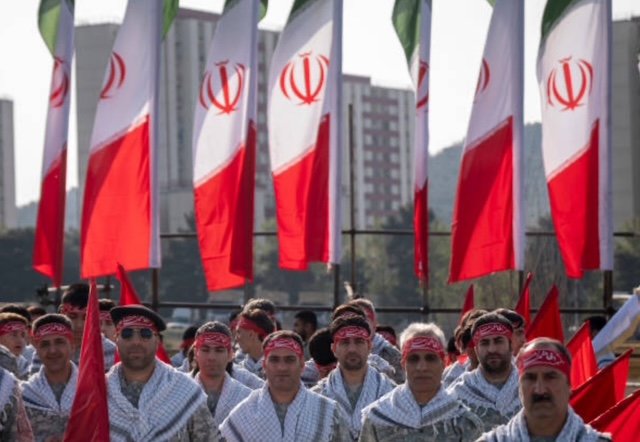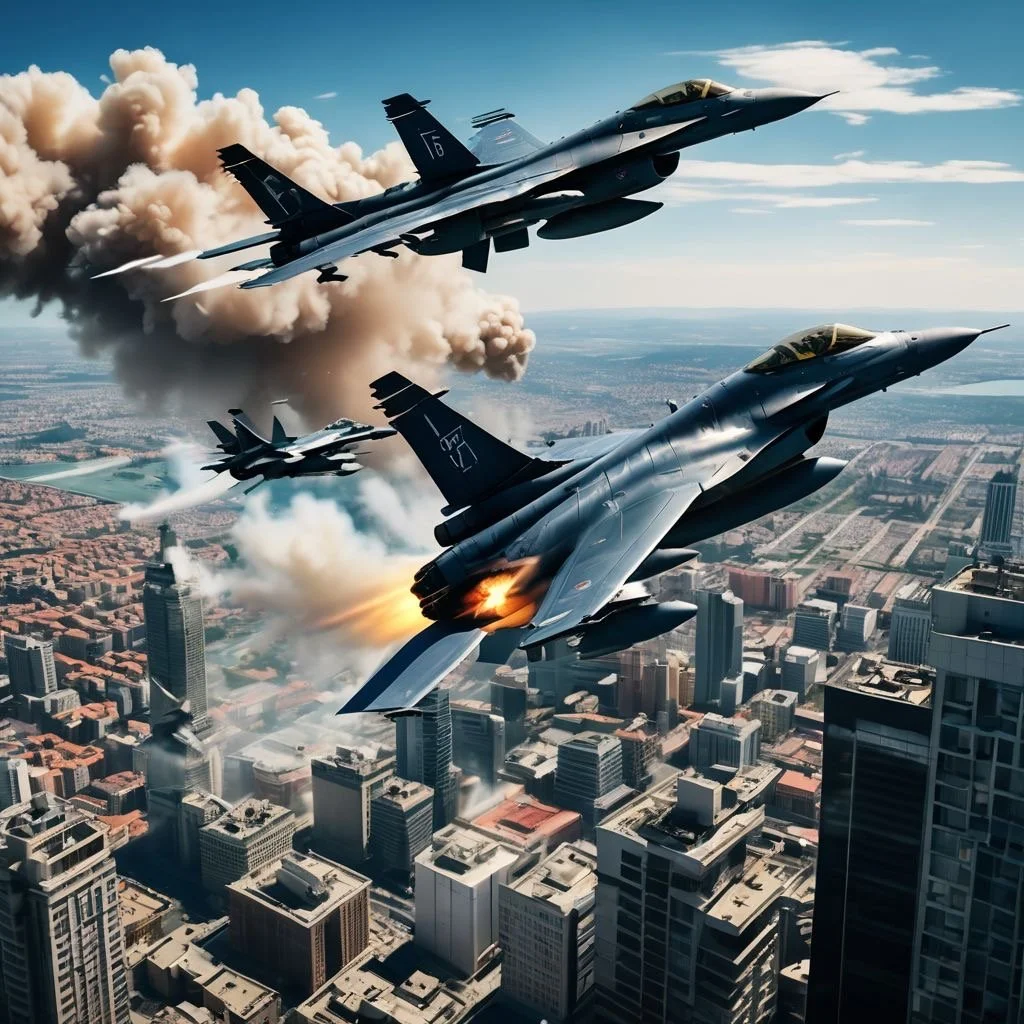Israel attack on Iran
Introduction
On Saturday, October 26, 2024, Israel launched a significant retaliatory airstrike operation against Iran, marking a major escalation in tensions between the two countries.
The relationship between Israel and Iran is still strained following Israel's recent attacks on Iranian military locations. This analysis examines the potential Iranian reactions based on the latest developments:
Factors Influencing Iran's Decision
Evaluating the Options
Iran's leadership is currently weighing how to respond to Israel's actions. They are confronted with a challenging choice:
- Retaliating could heighten tensions and possibly spark a wider regional conflict.
- Choosing not to retaliate might be perceived as a display of weakness and could encourage future attacks.
Domestic and International Factors
Iran has to navigate various elements in its decision-making:
1. Upholding its reputation for strength both at home and among allies like Hamas and Hezbollah.
2. Avoiding a large-scale war, which could be detrimental given the U.S. military presence in the area.
3. Protecting its nuclear program and other strategic assets.
Possible Reactions
Measured Retaliation
Iran may consider a restrained response to honor its commitment to retaliation while avoiding a larger conflict. This could entail:
- Targeted strikes using proxy forces.
- Cyber warfare.
- Limited missile attacks on Israeli or allied positions outside of Israel.
Minimizing the Attack’s Impact
Some analysts propose that Iran might opt to downplay the significance of Israel's attacks. This strategy might:
- Enable Iran to save face without resorting to immediate military retaliation.
- Provide time to analyze the situation and devise a more strategic, long-term plan.
Pursuing Diplomatic Approaches
Iran could also seek diplomatic avenues to address the situation, which might include:
- Collaborating with international partners to condemn Israel’s actions.
- Soliciting support from allies to amplify pressure on Israel and its backers.
Factors Discouraging Escalation
Military Disparity
Israel's capacity to strike Iranian targets may act as a deterrent against a significant Iranian response. The recent attacks revealed weaknesses in Iran's air defenses and illustrated Israel’s capability to conduct precise operations deep within Iranian territory.
Global Pressure
The United States and other international actors are likely to urge both sides to refrain from further escalation. This diplomatic initiative could sway Iran's decision-making.
Conclusion
Although it is challenging to anticipate Iran's specific response, current assessments indicate that a full-scale war is not in Iran's immediate interest. Nevertheless, the situation remains precarious, and Iran's final decision will greatly impact regional stability. The upcoming days and weeks will be pivotal in determining whether this incident leads to further tensions or whether both parties can find a path to de-escalation.







